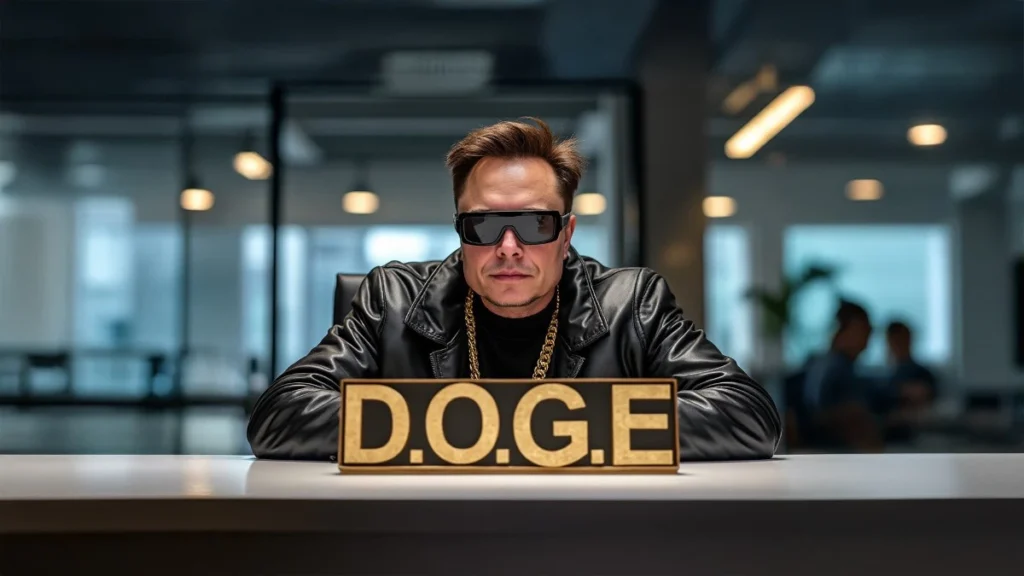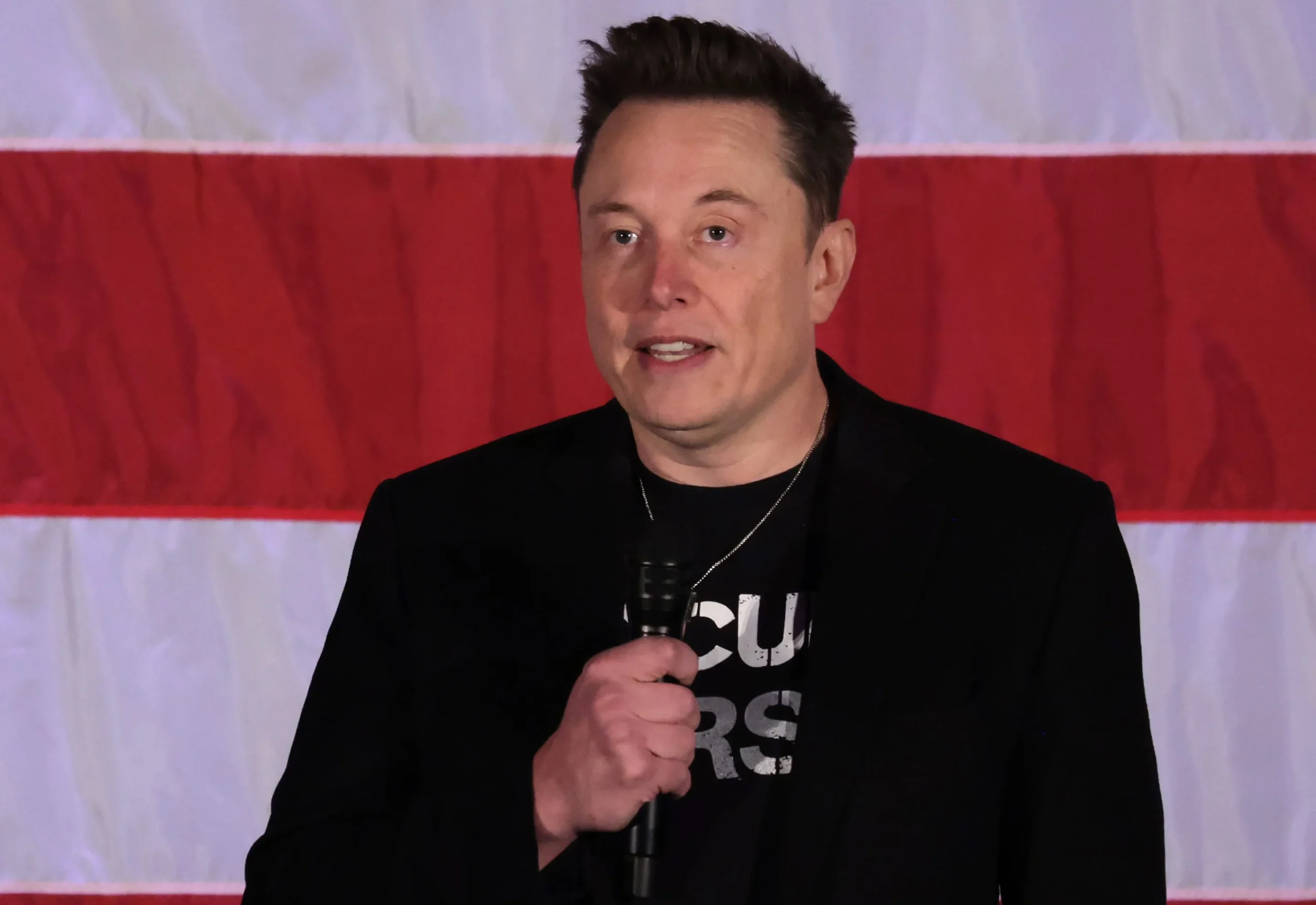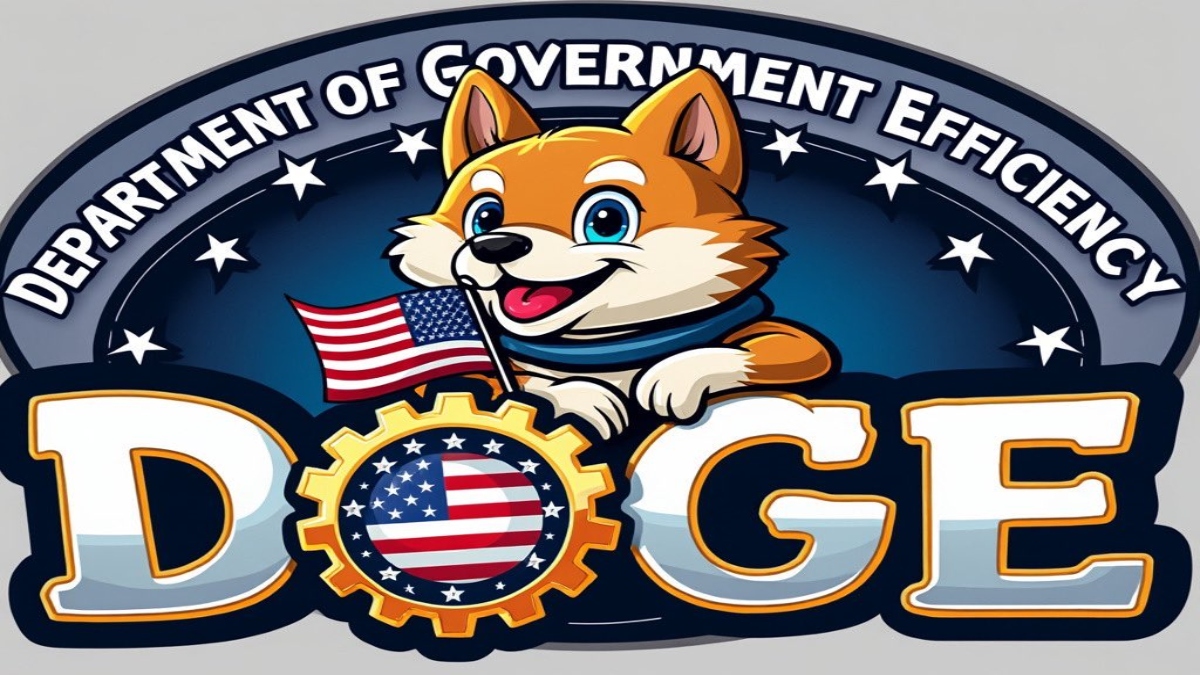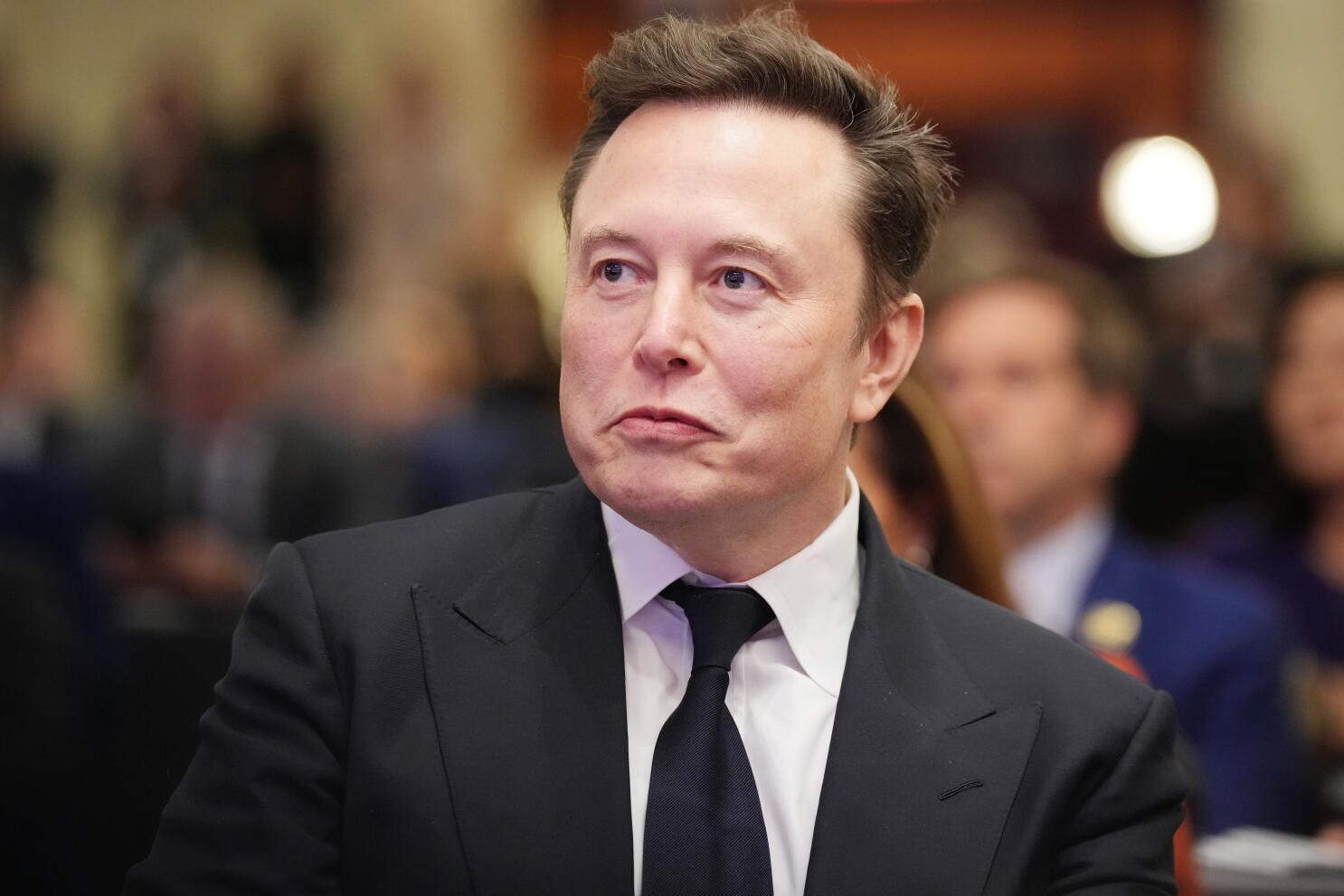
In a move that has both amused and alarmed observers, Elon Musk, a figure synonymous with controversy and contradiction, has taken a lead role in the newly minted Department of Government Efficiency (DOGE). The creation of DOGE represents a bold, if not brazen, step by former President Donald Trump to install industry leaders renowned for challenging the status quo at the helm of government initiatives. Trump stated that the agency’s mission would be to make the U.S. government accountable to “WE THE PEOPLE,” a lofty goal given the track record of those now in charge.
Musk, alongside businessman Vivek Ramaswamy, will direct an agency that paradoxically operates independently from the government it aims to streamline, free from the usual ethical constraints that govern transparency and disclosure of conflicts of interest. This exemption raises concerns, especially since Musk’s businesses, including SpaceX, have flourished with substantial government contracts, suggesting a deep-seated conflict between personal gain and public accountability.

DOGE: A Mere Acronym or a Symbolic Mockery?
The choice of the acronym DOGE, which refers to Musk’s favored meme cryptocurrency Dogecoin, underlines the unserious nature of this agency, according to critics. This agency, which plans to streamline or even eliminate other government bodies, is seen not only as a potential conflict of interest but also as a mockery of the serious business of governing.
Musk has a history of actions that conflict with his declared stance on free speech and accountability. From suing companies that withdrew their advertising from Twitter, to targeting individuals with punitive legal actions, Musk’s approach often appears contradictory. For instance, Musk endorsed severe accusations against Yoel Roth, a former Twitter executive, which led to Roth’s forced relocation due to safety concerns.

The Impact on Whistleblowers and Government Transparency
The implications for whistleblowers under Musk’s regime are particularly troubling. Tesla, Musk’s flagship company, has been the focal point of several whistleblower allegations, with individuals raising safety concerns often finding themselves out of a job. The chilling effect on potential whistleblowers cannot be overstated, yet the need for their courage remains critical in holding powerful figures and entities accountable.
The example of Lukasz Krupski, a Tesla technician who disclosed internal data on safety issues, illustrates the personal risks faced by whistleblowers in Musk’s orbit. Despite these challenges, there is a push to democratize the process of whistleblowing, making it safer and more accessible for individuals to come forward with information crucial to public interest.

A Call to Action for Potential DOGE Employees
Interestingly, DOGE is actively recruiting, positioning itself as a haven for “super high-IQ small-government revolutionaries.” This call to arms for those who believe in transparent and accountable governance could be seen as an opportunity—or a warning, depending on one’s view of Musk’s stewardship.
As the agency begins to shape its identity and operational ethos under Musk and Ramaswamy, the onus will be on vigilant citizens and ethical observers to ensure that the promise of government by the people remains a reality. The formation of DOGE, led by figures like Musk who polarize opinion, is likely to be a litmus test for the effectiveness of public accountability in a new era of government oversight.
